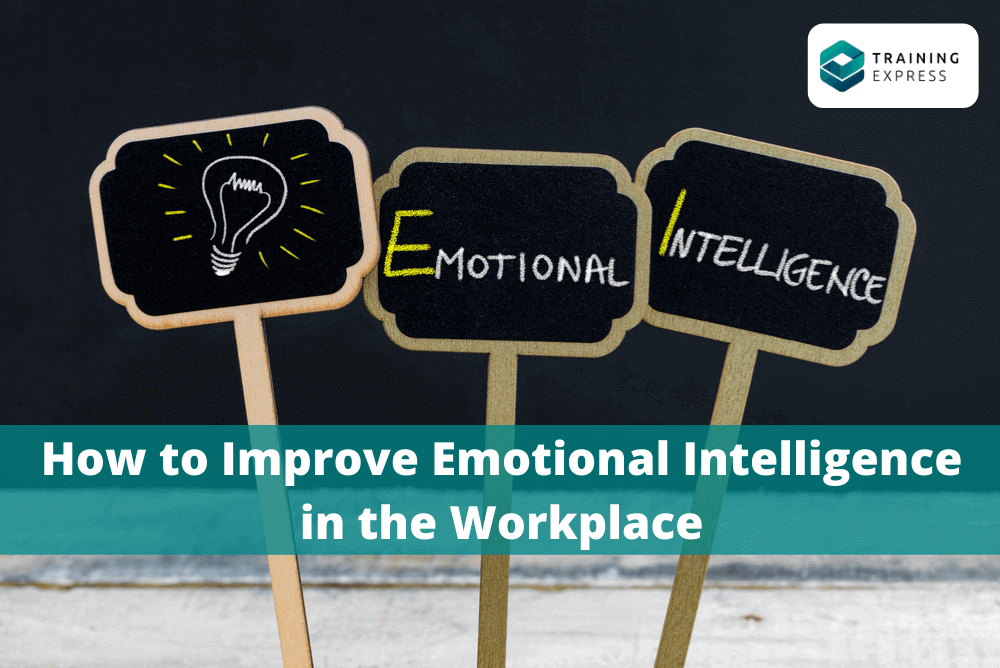Leaders are no doubt the pioneers in any company. They have to continuously monitor and motivate their employees to build strong communication skills within their teammates. Therefore, the leaders need to assess their emotional intelligence themselves to achieve a better leadership framework.
You can evaluate your emotional intelligence based on the Mayer-Salovey-Caruso Emotional Intelligence Test that measures four primary aspects of emotional intelligence-recognizing emotions, using emotions to resolve problems, discerning the causes of emotions, and controlling emotions.
Moreover, you should also assess how your personal characteristics affect your relationships in the workplace. This specific activity is known as temperament and is based on the following parameters:
